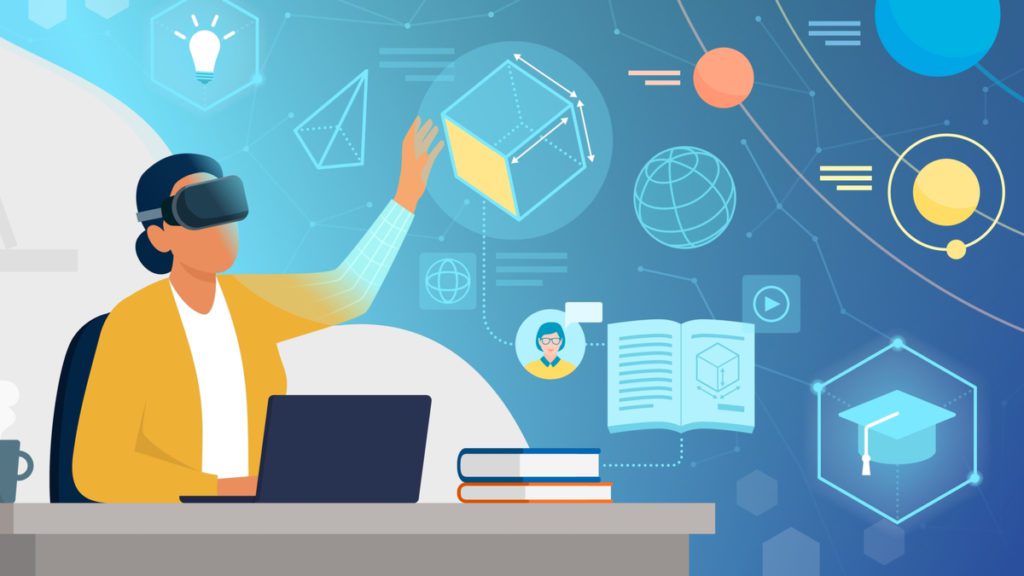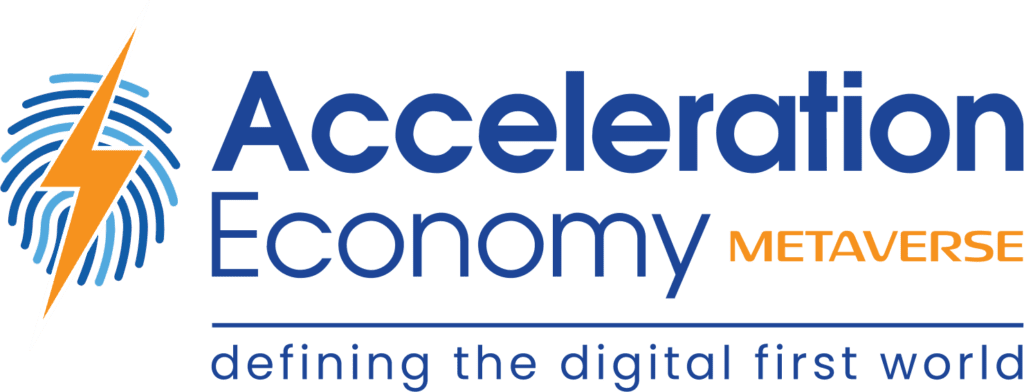Today, access to education is severely restricted for many users in the Global South. This division prohibits numerous people from achieving their potential and confines the talent pool to those with more opportunities through circumstance.
Beyond this, many education systems still operate using methods devised hundreds of years ago. Surely, we can reassess how educators teach, and pupils learn?
The Metaverse has the power to transform education. Not only can it make education opportunities more widespread and accessible, but provide limitless possibilities regarding how subjects are taught.
Diversification
Users only need a device and an internet connection to enter the Metaverse. Of course, global internet access is yet to become a reality. However, several organizations, including Elon Musk and his Starlink project, aim to make universal internet access a reality.
With this in place and the boundary to technology lowered as the price of connected devices drops, the Metaverse could restabilize the education scales. Although online training and education are already available, there is an issue with prestige and validity.
Despite many courses migrating online, spurred on by the Covid-19 pandemic, there is still a bias towards students that have received education in a recognized physical setting. For example, The Open University, a distance learning institution in the UK, has played second fiddle to brick and mortar alternatives for decades, despite offering many of the same qualifications.
However, as the Metaverse becomes more established, this bias will shift. It will enable online education to be equal to, if not surpass, physical alternatives. Why? Because, as we will explore, some believe education in the Metaverse could actually exceed the quality of many physical education programs.
Gamification and Immersion
Gamification is one key factor in providing new and potentially improved learning opportunities in the Metaverse. In a recent policy brief from the Center for Universal Education at Brookings (CUEB), analysts made a case for gaming as a powerful educational tool.
In the CUEB’s opinion, the gamification of educational practices could have some outstanding results. These practices could make learning more engaging. AR learning could combine physical activity with educational experiences. And active gaming in the Metaverse could encourage integrated learning supported by students’ families.
What is so interesting about this approach is its simplicity. Gaming is widespread, and younger users are already equipped with the knowledge to operate in gaming spaces. Furthermore, gaming companies need only redirect their efforts to apply existing infrastructure and techniques to meet the educational demand.
Yet, gamification isn’t the only technique that could provide advanced learning opportunities. There are many opportunities for immersive experiences online and ways of making difficult subjects more tangible. One study from the University of Maryland even found that users better retained information when accessing it through VR.
Ones to watch
So, which companies are leading the charge, and what are they doing?
SAP: The company has already rolled out a series of projects as part of its Skill Immersion Lab initiative. The aim is to introduce new virtual learning options to schools across the U.S.
Breakroom: This well-established virtual-world builder has dedicated classroom space for Metaverse-based education and training sessions.
Microsoft: Amongst many of the company’s forays into the Metaverse, Microsoft’s Mesh for Microsoft Teams has huge potential for Metaverse training. The ambitious project has wide-ranging applications for the education sector, focusing on AR, VR, and holographic technology.
Invact Metaversity: After a recent funding success, Invact Metaversisty is building a full university campus in the Metaverse. Students will learn in a fully-virtual environment and achieve metaMBAs.
Ultimately, the list above is a small fraction of the many Edtech organizations looking to make waves in the Metaverse. And when education opportunities in the Metaverse are eventually realized, the workplace will be changed forever.
The global talent pool will grow to unthinkable levels. By their very existence, businesses will be able to support economies without neglecting the quality of their staff. And, potentially, students will learn more, quicker, and to a better standard.
Want to compete in the Metaverse? Subscribe to the My Metaverse Minute Channel:









